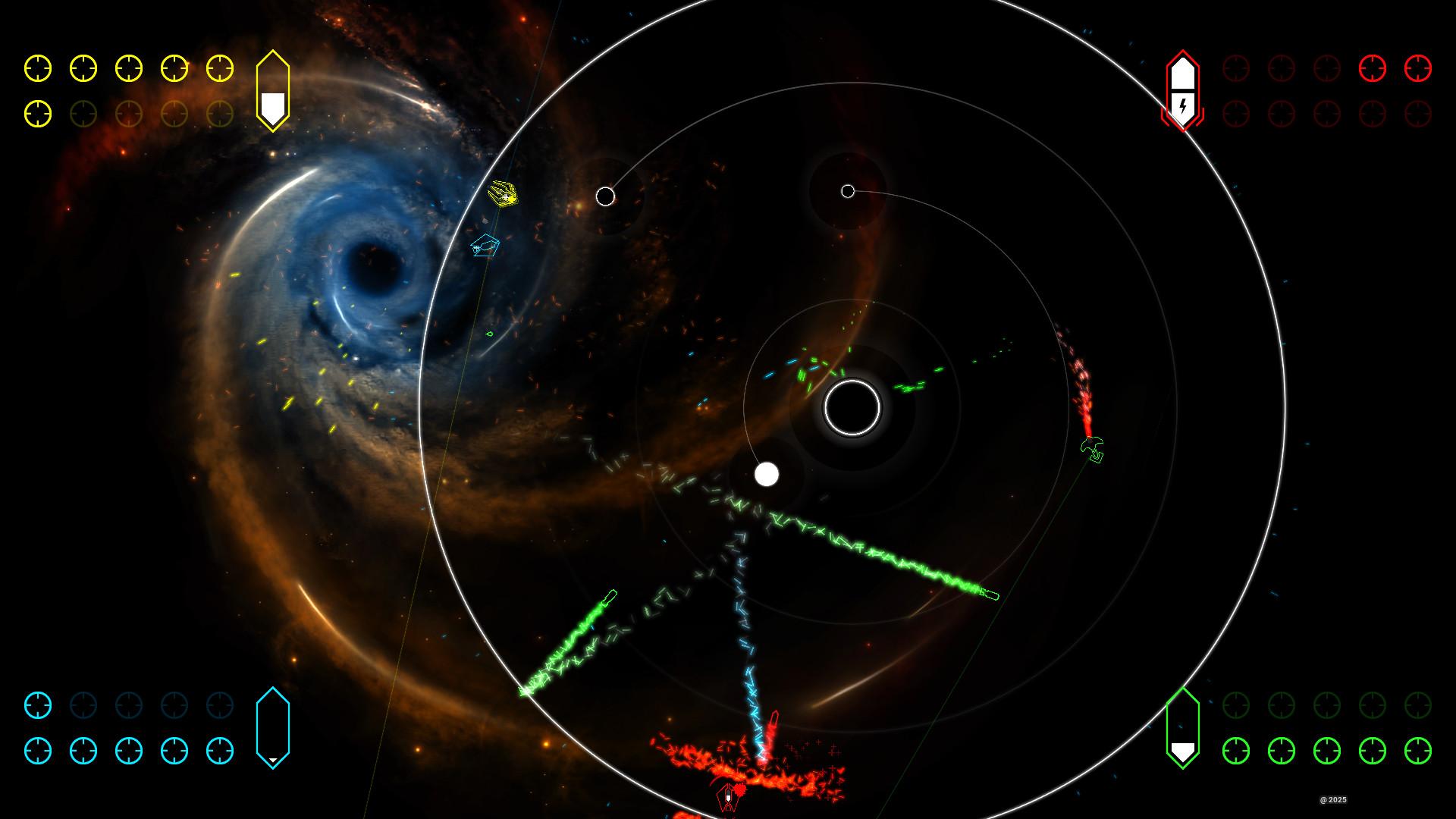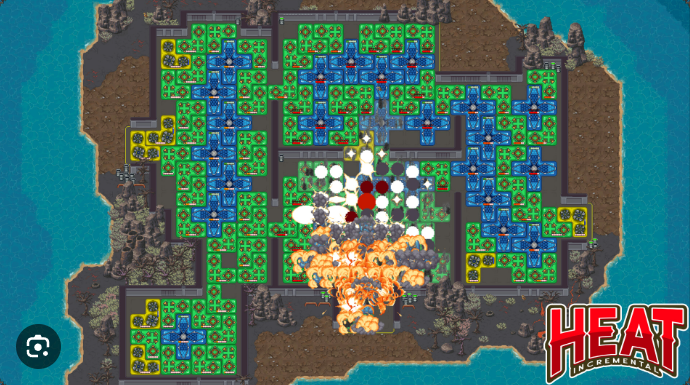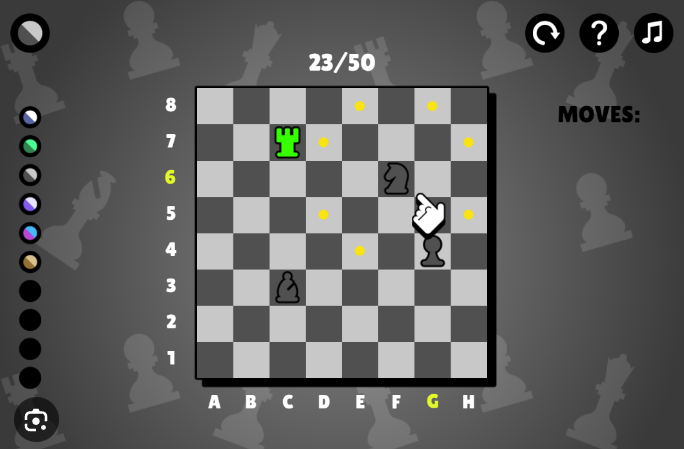God Simulator exists as a strategic religion-building game that puts players in control of developing and spreading their own faith across different civilizations and time periods.
The concept transcends typical simulation games by challenging players to craft intricate belief systems while navigating complex social dynamics throughout history. From selecting core religious archetypes to adapting practices for different cultures, the game offers deep strategic gameplay focused on spiritual influence rather than traditional resource management.
Key Features:
- Multiple religious archetypes (Monotheism, Shamanism, Pantheon systems)
- Evolution across historical eras from ancient to modern times
- Strategic adaptation to regional cultures and customs
- Resource management through enlightenment points
- Dynamic challenges including the rise of atheism
The game stands out by avoiding supernatural powers typically associated with “god games.” Instead, it focuses on the sociological aspects of religious development and spread. Players must carefully balance factors like popularity, austerity, and fanaticism while expanding their influence across regions.
Whether you’re fascinated by religious history or enjoy complex strategy games, God Simulator offers a unique take on faith-based civilization building. The game rewards thoughtful decision-making as you guide your religion from its humble beginnings to potential global influence.
About God Simulator
God Simulator lets you craft and guide your own faith system through time. As someone who’s played many simulation games, I can tell you this one stands out.
In this deep strategy game, you’ll pick from various belief systems like Monotheism, Shamanism, or Spiritualism. Each choice shapes how your religion grows and adapts. I found that starting with Monotheism gives you a stable base to build from, while Shamanism offers more creative freedom.
What makes God Simulator special is its focus on religious evolution. You’re not just picking options from a menu - you’re actively shaping how your followers think and act. The game tracks how your choices affect your believers’ faith, culture, and daily lives.
“Religion is not just about beliefs - it’s about how those beliefs shape the world around us.” - Game Design Philosophy
God Simulator Gameplay Walkthrough
When I first started playing God Simulator, I learned that success comes from understanding each religion’s unique traits. Here’s what I discovered works best:
- Start with a clear vision for your religion
- Watch how different civilizations respond to your teachings
- Adapt your strategy based on historical periods
- Balance growth with stability
The game flows through different time periods, from ancient days to modern times. I’ve found that each era brings new challenges that test your religion’s ability to adapt and survive.
| Time Period | Main Challenges |
|---|---|
| Ancient World | Establishing core beliefs |
| Middle Ages | Managing religious conflicts |
| Modern Era | Dealing with secularism |
Features of God Simulator
Religion Building System:
- Choose from multiple religious archetypes
- Customize beliefs and practices
- Develop unique religious symbols
- Create religious hierarchies
World Interaction:
- Spread faith across different regions
- Adapt to local cultures
- Handle historical events
- Manage believer relationships
Strategic Elements:
- Resource management
- Population growth tracking
- Influence spreading mechanics
- Crisis management tools
How to Play God Simulator
Initial Setup:
- Pick a religion type that matches your style
- Choose a starting region carefully
- Set basic beliefs and customs
Early Game Strategy:
- Focus on building a strong core following
- Start in smaller regions before expanding
- Build up enlightenment points steadily
Growth Phase:
- Spread to nearby regions first
- Adapt teachings to local customs
- Handle resistance carefully
- Build influence through peaceful means
Advanced Tactics:
- Use miracles sparingly
- Balance traditional and progressive values
- Counter opposing faiths strategically
- Maintain stability during changes
Similar Games
Final Words
God Simulator stands as a remarkable achievement in religious strategy gaming, offering players a thoughtful journey through faith creation and development. The game successfully balances historical authenticity with engaging gameplay mechanics, letting players shape beliefs that resonate across different cultures and time periods.
What sets this game apart is its focus on social dynamics rather than supernatural powers. Players learn to navigate complex cultural landscapes while building their religious following through careful decision-making and strategic planning. The game’s resource system, centered on enlightenment points, creates meaningful choices that impact how faiths grow and adapt.
The depth of religious customization - from choosing core beliefs to adapting practices for different regions - makes each playthrough unique. Players face real challenges as they guide their religion from its first followers to potential worldwide influence, dealing with historical shifts and competing belief systems along the way.
God Simulator proves that faith-based strategy games can offer rich, engaging experiences without relying on typical “god game” tropes. It respects the complexity of religious development while remaining accessible and entertaining.



























Discuss